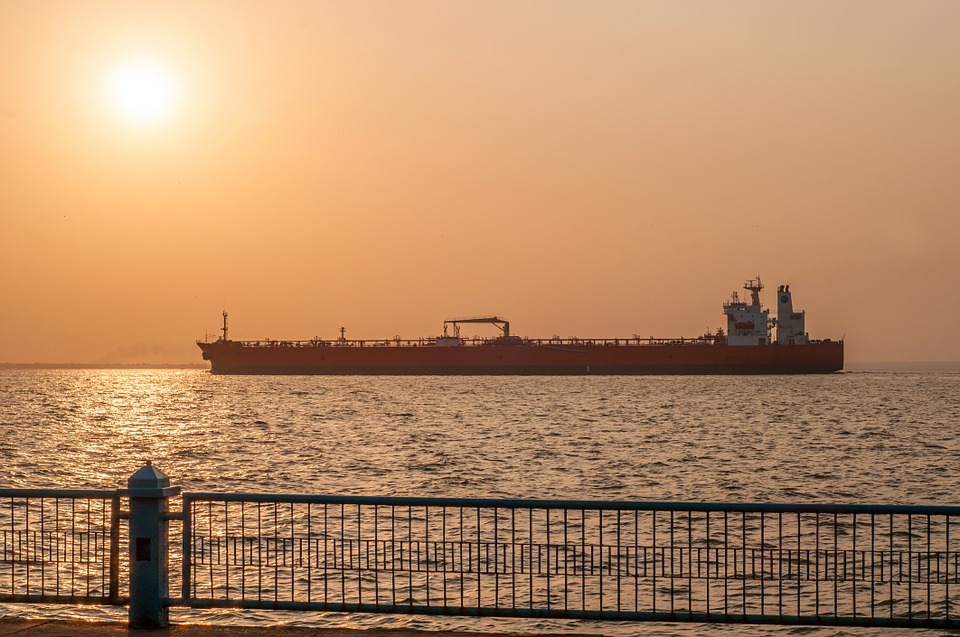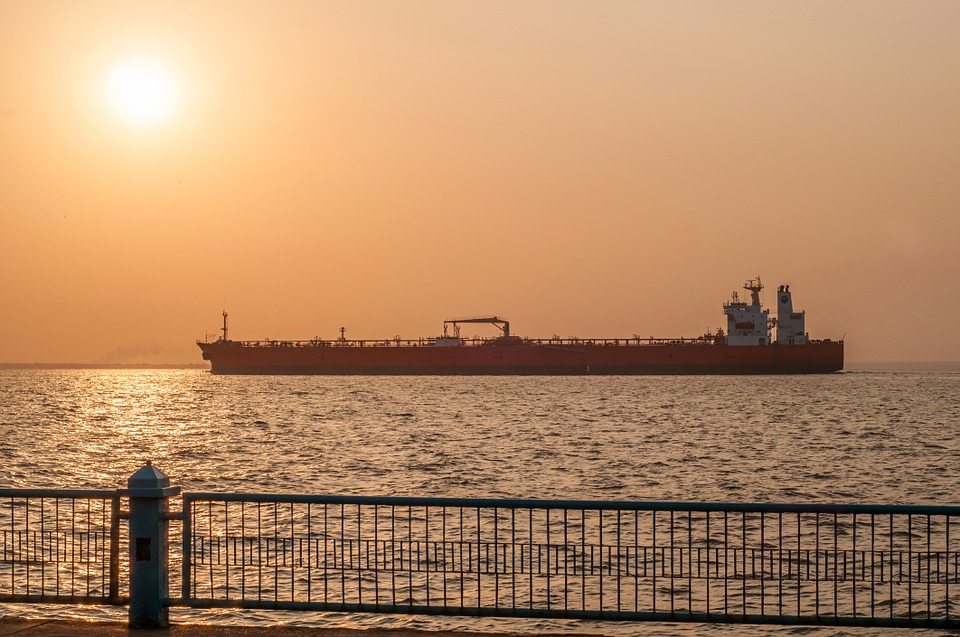Biodiesel has topped the poll of the second edition of the Sustainable Maritime Fuel (SMF) Fest Confidence Index, pushing the 2023 winner, liquefied natural gas (LNG)-biomethane to second runner, while LNG
Biodiesel has topped the poll of the second edition of the Sustainable Maritime Fuel (SMF) Fest Confidence Index, pushing the 2023 winner, liquefied natural gas (LNG)-biomethane to second runner, while LNG e-methane managed to hold onto its position as number three.

It is understood that the first SMF Confidence Index was launched at the inaugural Sustainable Marine Fuel Fest, which was held in Valencia in November 2023 to provide a “moment in time” indication of how confident shipping and marine fuel industry stakeholders are that the groundwork required for maritime’s energy transition is in place.
As informed, the index charts and compares changes in industry confidence according to four ‘key’ pillars—technology, infrastructure, commercial and environmental credentials—and across five deep-sea vessel segments: containerships, dry cargo, gas carriers, passenger ships and tankers. The segments are said to be examined in regards to the use of 12 marine fuels, including grey, blue and green variants.
The 2024 edition of the index unveiled that the mood in shipping’s decarbonization has shifted in some ‘important’ aspects as industry stakeholders are becoming more informed about the energy transition process and its challenges, together with an ‘increased’ awareness of the environmental credentials of alternative fuel options.
Apart from the three frontrunners, however, confidence levels seem to have dropped across the candidate fuels year on year. For example, as per the index, confidence in green methanol has reportedly fallen from 53.5% in 2023 to 40.6%, and green hydrogen, from 42.7% to 29.2%.
In comparison, in the 2023 edition, confidence levels in methanol-fueled shipping were described as ‘very measured’, at a time when the industry saw an uptick in orders for methanol-fueled vessels.
Related Article
-
Clarksons: 45% of ships ordered in 2023 embrace alternative fuels, with LNG still in the lead
Business Developments & Projects
Among the green fuel variants, green ammonia moved up the pecking order, swapping places with green hydrogen, while there appears to have been little change year-on-year between the blue fuel variants.
Moving to the bottom of the index, confidence in blue hydrogen dipped from 34.5% to 18.8%, and grey hydrogen from 33.2% to 13.9%.
Nestled at the bottom of the index, blue hydrogen has seen a drop in confidence, with numbers having plummeted from 34.5% to 18.8%.
Grey hydrogen, on the other hand, fell from 33.2% to 13.9%. Nonetheless, grey methanol managed to keep its 2023 position, whereas ammonia jumped two places up from the bottom of the index.
A deeper look into clean fuels
The key takeaway of the 2024 edition of the SMF Fest Confidence Index was that decision-making on future fuel strategies remains “slow and cautious”.
Despite the (overarching) hurdles that shipping has faced recently, however, some industry players, like the Mærsk Mc-Kinney Møller Center for Zero Carbon Shipping (MMMCZCS), believe that alternative fuels’ momentum is not waning – and it should not do so soon, either.
In its Fuel Pathway Maturity MAP, the MMMCZCS revealed that the value chain—from fuel production to onboard use—for low-emission fuels such as green ammonia, bio-methane, e-methanol, and renewable types of diesel in terms of technological readiness is ‘on the right path’, citing “substantial growth” among ammonia, methanol, bio-oils, bio-methane renewable diesels projects.
That said, to ‘realistically’ achieve the IMO’s decarbonization goals set for (by or around) 2050, MMMCZCS did underscore that the maritime sector cannot achieve decarbonization without clear certification standards, sturdy emission controls, and a worldwide regulatory consensus.
Related Article
READ MORE
Content Original Link:
" target="_blank">


























































